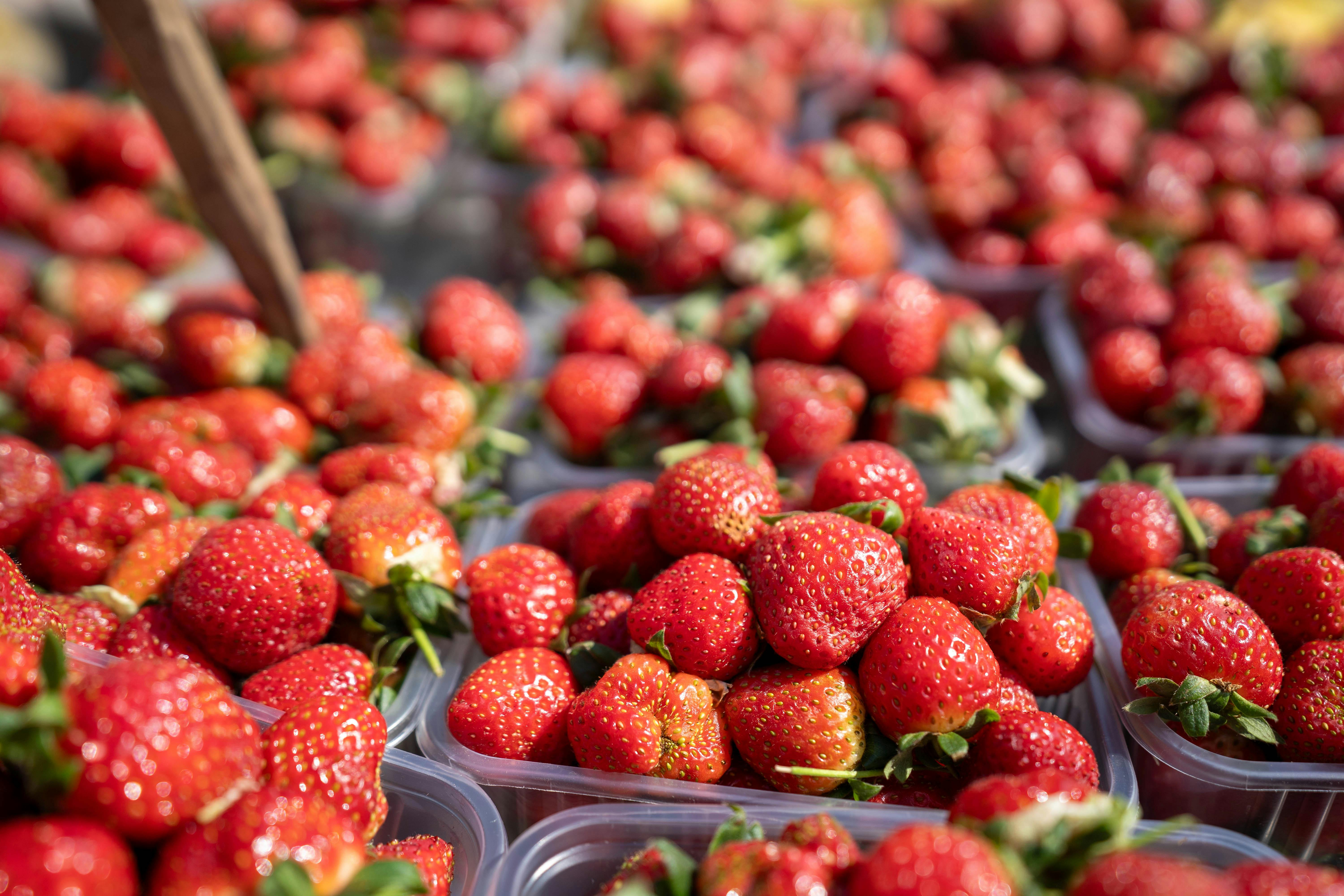Essential Guide to Mediterranean Cuisine Trends in 2025
The Mediterranean region is renowned not only for its stunning landscapes and rich cultural history but also for its vibrant and diverse culinary offerings. As we move into 2025, Mediterranean cuisine continues to evolve, embracing new trends while holding on to its traditional roots. This article explores the latest trends in Mediterranean cuisine, including the essence of Mediterranean cooking, the shift towards healthier options, and the resurgence of local flavors and seasonal ingredients.
Understanding these trends not only enhances the culinary experience but also offers insights into how Mediterranean diet principles can contribute to better health and well-being. By exploring the best Mediterranean dishes and modern takes on classic meals, food enthusiasts can discover a wealth of healthy Mediterranean recipes that are satisfying, flavorful, and packed with nutrients.
We will delve into the benefits of Mediterranean cuisine, highlighting its cultural significance and its role in promoting sustainable eating practices. As you journey through this article, expect to learn about Mediterranean cooking techniques, the region's unique food culture, and the integration of seasonal ingredients into everyday meals.
Ultimately, the Mediterranean culinary landscape offers endless possibilities for those looking to create delicious meal ideas, from traditional dishes to innovative modern recipes. Let’s uncover the culinary delights that await in 2025 and how you can bring them into your kitchen.
Modern Mediterranean Cuisine: Embracing Tradition and Innovation
Building on the historical foundations of Mediterranean cooking, modern Mediterranean cuisine showcases an inspiring blend of tradition and innovation. As chefs experiment with regional ingredient pairings and contemporary cooking techniques, they breathe new life into historical recipes.
Contemporary Takes on Traditional Mediterranean Dishes
In 2025, many chefs are revamping beloved Mediterranean foods, such as moussaka, paella, and tabbouleh, to cater to modern palates. For instance, using quinoa instead of traditional grains in tabbouleh not only introduces a protein-rich alternative, but it also caters to health-conscious diners. Coastal regions are especially known for their seafood Mediterranean recipes, which are being reimagined with exotic spices and global influences.
Emphasis on Fresh, Local Ingredients
With a growing emphasis on sustainability, modern Mediterranean cuisine increasingly highlights the use of seasonal and locally sourced ingredients. This aligns with the Mediterranean diet benefits, which emphasize fresh vegetables, wholesome grains, and healthy fats like olive oil. Diners can expect to find menus that change with the seasons, offering dishes that celebrate the area’s agricultural bounty.
Culinary Fusion and Global Influences
The cultural impact of Mediterranean cuisine is palpable as it begins to intertwine with other culinary traditions. Chefs are blending Mediterranean flavors with Asian spices, Latin American techniques, and local fare to create dishes that assert the multicultural significance of Mediterranean culinary arts. This fusionResults in dishes that cater to eclectic tastes while still honoring the foundational elements of Mediterranean food.
Health Benefits and Nutritional Aspects of the Mediterranean Diet
The Mediterranean diet remains one of the most studied and praised dietary patterns for promoting optimal health. Its holistic approach not only enhances physical well-being but also nurtures mental and emotional health.
Understanding the Nutritional Components
A typical Mediterranean meal is rich in fruits, vegetables, whole grains, and lean protein sources such as fish and legumes. Olive oil, often regarded as a superfood, provides healthy monounsaturated fats that support heart health and reduce inflammation. Incorporating Mediterranean herbs and spices not only enhances flavor but also provides numerous health benefits, making every meal nourishing.
Mediterranean Cuisine and Mental Well-Being
Research studies have shown a correlation between the Mediterranean diet and improved mental well-being. Foods rich in omega-3 fatty acids, such as fatty fish and walnuts, play a crucial role in supporting brain health. As society becomes more aware of mental health issues, Mediterranean meal planning options that prioritize brain-boosting ingredients are gaining popularity in homes and restaurants alike.
Weight Management Through Mediterranean Recipes
Integrating Mediterranean cooking principles into daily life can aid in weight management. The focus on plant-based foods, healthy fats, and the avoidance of processed foods has proven effective for those pursuing healthier lifestyles. By opting for vegetarian Mediterranean recipes or slow-cooker meals that allow for portion control, individuals can enjoy delicious food while maintaining their wellness goals.
Exploring Mediterranean Herbs, Spices, and Cooking Techniques
With the rich array of flavors found in Mediterranean cuisine, understanding how to use herbs and spices effectively can dramatically enhance home cooking. The techniques utilized in Mediterranean cooking often draw from centuries-old practices that allow the flavors of fresh ingredients to shine.
Harnessing the Power of Mediterranean Herbs
Herbs such as basil, oregano, and rosemary are staples in Mediterranean cooking, known for their ability to elevate dishes from simple to extraordinary. Learning how to incorporate these herbs not only enhances flavors but also provides numerous health benefits, such as improved digestion and immune support.
Mediterranean Cooking Techniques to Master
From grilling and baking to sautéing and slow-cooking, mastering Mediterranean cooking techniques is essential for anyone looking to create authentic dishes. Techniques like marinating seafood or utilizing the perfect sauté method for vegetables can lead to meals bursting with flavor, making even the simplest recipes a delight.
Creating Delicious Mediterranean Appetizers and Desserts
Mediterranean cuisine boasts a versatile range of appetizers (mezze) and desserts that are both accessible and impressive. Utilizing ingredients such as feta, olives, roasted vegetables, and honey can result in delightful creations—from classic hummus spreads to intricate baklava desserts. By honing these recipes, home chefs can introduce a taste of the Mediterranean at any gathering.
Cultural Celebrations: Mediterranean Food Festivals and Culinary Experiences
Mediterranean food culture thrives on celebrating community and heritage through diverse culinary experiences. Various festivals around the Mediterranean showcase the region's rich culinary traditions, fostering a sense of unity among diverse cultures.
Discovering Mediterranean Food Festivals
Every year, cities throughout the Mediterranean region host food festivals that bring together food lovers and chefs to celebrate local cuisine. Festivals often feature cooking demonstrations, tastings of traditional Mediterranean foods, and competitions. Attending these events offers an excellent opportunity to immerse oneself in Mediterranean culture and culinary arts.
The Role of Mediterranean Culinary Experiences
Culinary workshops and cooking classes are gaining popularity, allowing individuals to learn about traditional Mediterranean cooking techniques and the cultural significance behind them. Many of these classes emphasize hands-on experiences, connecting participants with local chefs and the heart of Mediterranean food culture.
Mediterranean Fusion in Popular Restaurants
As Mediterranean cuisine permeates global dining, many popular restaurants are innovating by incorporating Mediterranean food pairings with other culinary styles. Restaurants are increasingly combining local ingredients with traditional Mediterranean recipes to craft unique dining experiences that reflect the evolving nature of food trends.
Practical Tips for Cooking and Enjoying Mediterranean Cuisine
For food lovers and home cooks looking to delve deeper into Mediterranean cuisine, practical guidance is essential for re-creating authentic dishes. Here are some tips to enhance your culinary adventures.
Essential Mediterranean Cooking Supplies
Stocking a kitchen with Mediterranean cooking essentials is crucial for successful meal preparation. Ingredients like high-quality olive oil, a variety of dried herbs and spices, legumes, and fresh vegetables should be prioritized. Investing in the right appliances, such as a food processor and grill, will also elevate your culinary experience.
Meal Planning and Preparation Strategies
Efficient meal prep is key to integrating Mediterranean cuisine into busy lifestyles. Planning meals around seasonal ingredients and batch cooking staples can facilitate healthy eating throughout the week. Creating versatile dishes that serve as a base for multiple meals—like grains and roasted vegetables—can enhance meal flexibility.
Serving Suggestions for Mediterranean Dishes
When presenting Mediterranean dishes, consider using colorful plates and garnishing with fresh herbs to enhance visual appeal. Additionally, serving a variety of Mediterranean appetizers can make for an enticing spread at gatherings or dinner parties, showcasing the diverse flavors and textures this cuisine offers.
In conclusion, the latest trends in Mediterranean cuisine for 2025 not only reflect a renewed focus on healthy eating but also emphasize the cultural significance and innovative nature of Mediterranean food. Whether you're exploring new recipes or refining classic techniques, incorporating the principles of Mediterranean cooking into your culinary repertoire can lead to satisfying and healthful meals every day.


